Introduction
Essential caregiving tips from Chesapeake health experts are very important for the public. Taking care of elderly family members may be a fulfilling and difficult task.
Having access to the appropriate knowledge and assistance can significantly improve your experience providing care, whether you’re a family member, a medical professional, or a caregiver.
The goal of Chesapeake Health and Rehabilitation Centers is to give you vital caregiving advice so that you can give the best treatment possible.
Understanding Senior Health
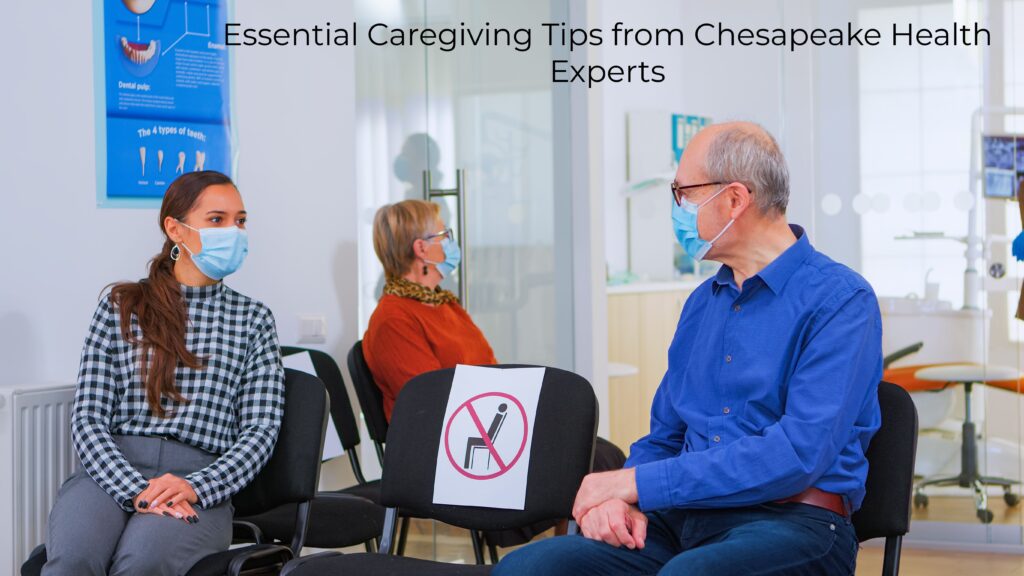
An understanding of the particular health needs of elders is the cornerstone of providing good care.
Numerous health problems associated with aging include osteoporosis, arthritis, cardiovascular disease, and cognitive impairment.
Caregivers can more effectively anticipate and manage common elder health concerns by remaining knowledgeable about them.
Key Areas to Focus On:
Table of Contents
- Nutrition: To preserve general health, make sure your food is well-balanced and full of vitamins, minerals, and fiber.
- Exercise: To increase strength and mobility, encourage frequent physical activity appropriate for their level of ability.
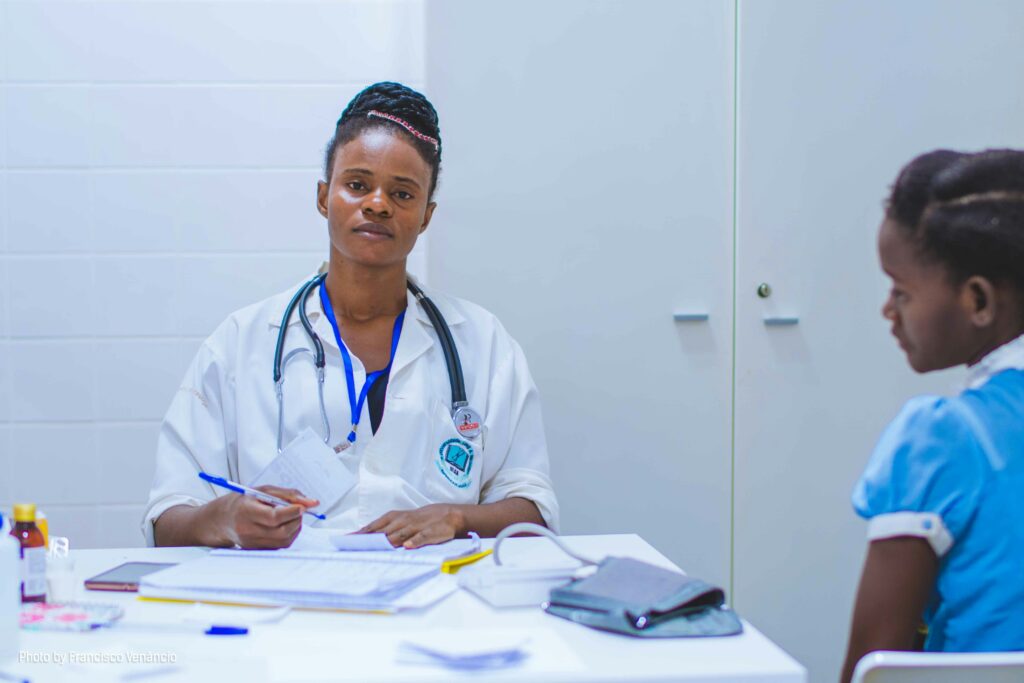
- Mental Health: Encourage social interaction and be alert for indications of anxiety or depression.
Chesapeake Rehabilitation Services
Rehab facilities in Chesapeake, Virginia, provide extensive services aimed at improving the health and well-being of senior citizens. These establishments offer a variety of therapies and treatments that can greatly enhance seniors’ quality of life.
Key Services:
- Physical therapy: Promotes strength, balance, and increased mobility.
- Occupational therapy: The main goals are increased independence and daily life abilities.
- Speech therapy: Treats issues with swallowing and communicating.
By utilizing these resources, caregivers can work with medical specialists to develop a customized care plan that meets the requirements of their loved one.
Essential Caregiving Tips
Expert advice from Chesapeake medical professionals can help maximize caring.

1. Prioritize Communication
Giving senior care requires effective communication. Maintain constant connection with your loved one’s medical professionals as well. Maintaining communication and consensus through frequent updates and conversations can help avoid misconceptions.
2. Create a Safe Environment
When taking care of elderly people, safety comes first. Make the required changes in your house to avoid mishaps and falls. This could entail making sure there is enough lighting, reducing trip hazards, and installing grab bars.
3. Encourage Independence
Encourage seniors to complete chores that they are capable of completing on their own to foster autonomy. Their sense of freedom and confidence are increased as a result.
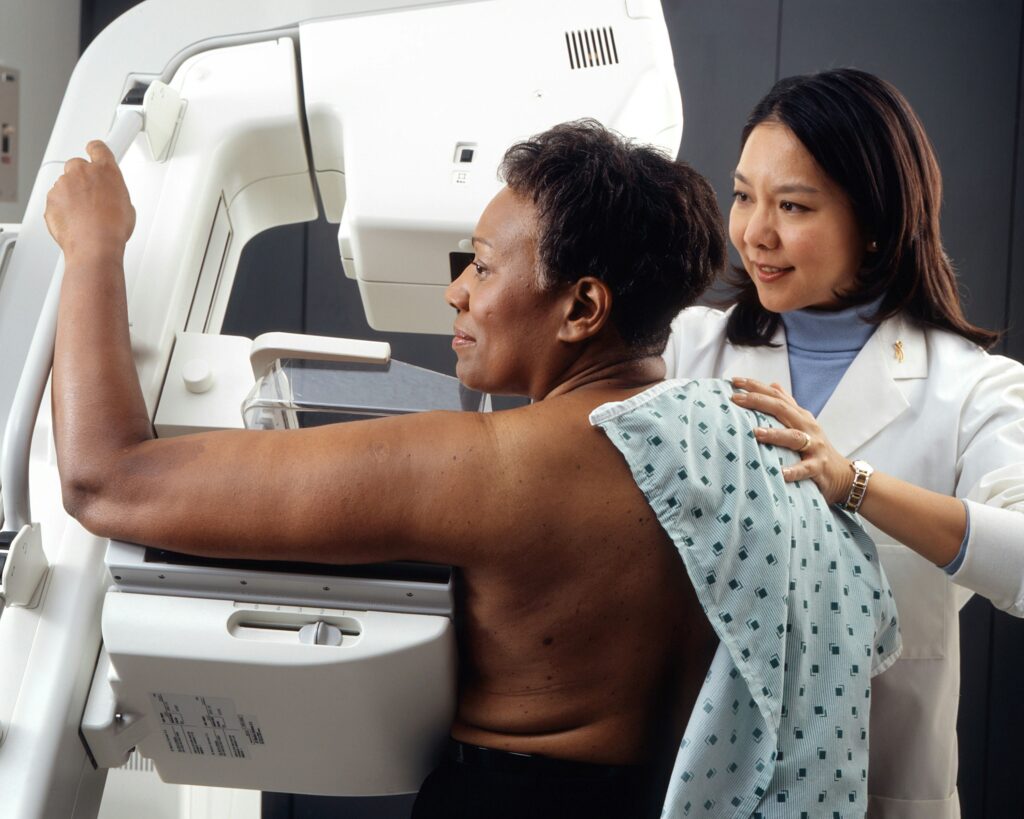
4. Manage Medications
Maintain a well-organized medication management system. This could include alarms, charts, or pill organizers to make sure prescriptions are taken accurately and on schedule.
5. Take Care of Yourself
Taking care of your physical and mental well-being is crucial because providing care can be an onerous task. Set aside time for self-care, look for support, and don’t be afraid to ask for assistance when you need it.
Building a Supportive Community
With a network of supporters, the caring journey might be easier to handle. To link carers with peers and professionals, Chesapeake Health Centers frequently organize events, workshops, and support groups.
Participating in these events can offer insightful conversations, emotional support, and shared experiences.
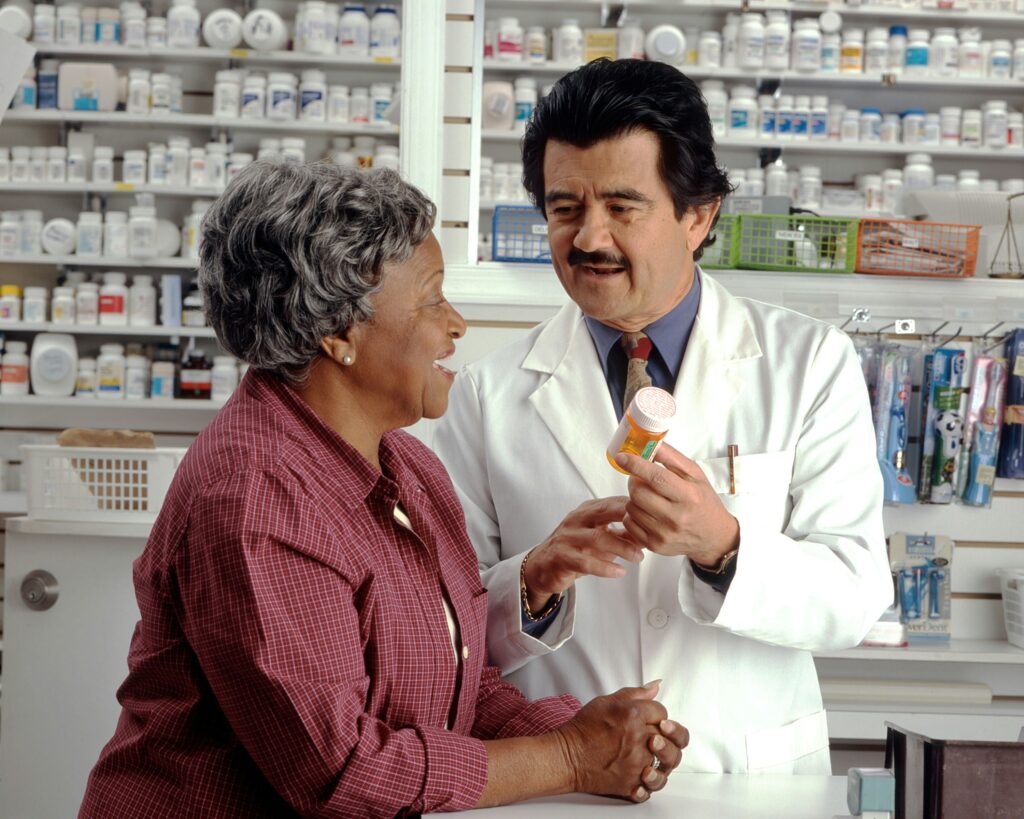
FAQs
1. What should I do if my loved one refuses caregiver assistance?
Seniors may feel uncomfortable accepting assistance. As you address any worries and talk about the advantages, do it with care and understanding. Having a medical expert involved can assist clarify why care is necessary at times.
2. How can I balance work and caregiving responsibilities?
It could be difficult to juggle a job with providing care. Talk to your company about flexible work options like remote work or a change in hours. Set priorities for your work and ask for help from family or hired caretakers when you need it.
3. What are some resources available for caregivers in Chesapeake?
Chesapeake provides a range of options, such as instructional workshops, respite care services, and support groups. Further details on these resources can be obtained from the community centers and health authorities in your area.
4. How do I ensure my loved one is receiving proper nutrition?
Create a balanced food plan and think about speaking with a nutritionist who specializes in senior health. In light of your loved one’s medical requirements, they can offer tailored dietary advice. Monitoring nutritional consumption can also be aided by routine health examinations.
5. How often should seniors exercise?
Exercise regimens should be customized based on each person’s capabilities and medical background. In general, seniors should strive for 150 minutes or more per week of moderate-intensity aerobic activity; but, before beginning any new fitness regimen, it’s crucial to speak with a healthcare professional.
Conclusion
A community’s support, resources, and appropriate expertise can make navigating the caregiving terrain easier.
Your elderly loved ones can get the greatest care possible if you take advantage of the extensive services provided by Chesapeake rehabilitation clinics and put these caregiving suggestions into practice.
Get in touch with our team of specialists right now to arrange a consultation or for additional information about Chesapeake Senior Health and rehabilitation. By working together, we can improve the senior population’s quality of life.
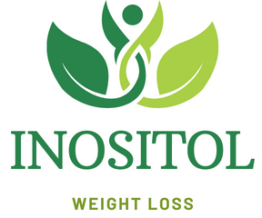
Pingback: Discover the Anschutz Health Sciences Building: A Modern Architectural Marvel -